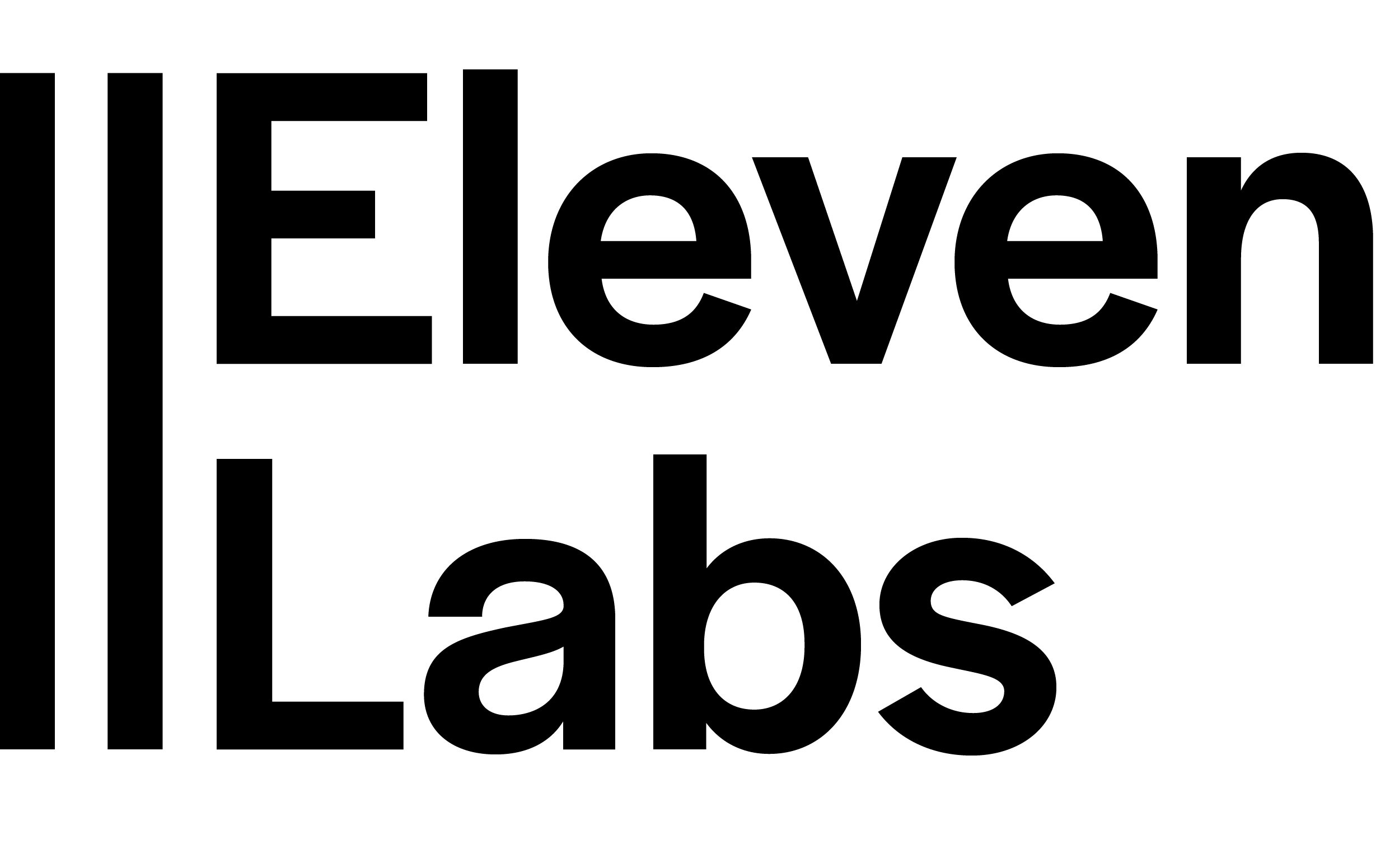Google's Weapon in the AI Wars
daiverse
Tuesday, 13 February 2024 00:00

Google's latest chatbot, Gemini, is set to replace Bard, intensifying the AI rivalry with Microsoft and signaling Google's push to monetize its AI technology through a subscription model.
In the high-stakes AI race, Google has made a bold move with the release of Gemini, its latest and most advanced chatbot, signaling a new era in the battle for technological supremacy.ns of Gemini and the broader AI race.
### Key Points
* Google has unveiled Gemini, its latest and most advanced chatbot, which is set to replace Bard.
* The release of Gemini intensifies the rivalry between Google and Microsoft in the AI sector, where both tech giants are vying for dominance.
* Google's plans to monetize Gemini through a subscription model indicate a strategic shift towards generating revenue from its AI technology.
Gemini is a more advanced version of Google's previous chatbot, Bard, and it promises to deliver more accurate and comprehensive responses to user queries. It's also capable of generating creative content, such as stories and poems, and can even engage in conversation.
The potential benefits of Gemini are enormous. It could make it easier for us to find information, complete tasks, and stay connected with friends and family. It could also lead to new and innovative applications in fields such as healthcare, education, and customer service.
### Key Terms
* **Chatbot:** A computer program that simulates human conversation through text or voice.
* **AI (Artificial Intelligence):** The ability of a computer system to perform tasks that typically require human intelligence, such as learning, problem-solving, and decision-making.
* **Generative AI:** A type of AI that can create new data or content from scratch, such as text, images, or music.
* **Large Language Model (LLM):** A type of generative AI that is trained on a massive dataset of text and can generate human-like text.
* **Subscription Model:** A business model where customers pay a recurring fee to access a product or service.
With the release of Gemini, Google is entering the realm of advanced chatbots powered by LLMs. These chatbots have the ability to engage in natural language conversations, answer questions, and even generate creative content. The potential applications of this technology are vast, from customer service to education to entertainment.
However, it is important to note that AI technology is still in its early stages of development. While chatbots like Gemini can perform impressive tasks, they also have limitations. For example, they may not always be able to understand complex or ambiguous questions, and they may sometimes generate biased or inaccurate responses.
As Google and other companies continue to develop and refine their AI technology, it is crucial for users to be aware of both the potential benefits and limitations of these systems. By understanding the key terms and concepts involved, we can make informed decisions about how to use AI and ensure that it is used for the betterment of society.
### How Gemini Will Be Used
* **Chatbots in Customer Service:** Chatbots like Gemini can be used to provide customer service 24/7, answering questions, resolving issues, and scheduling appointments. For example, a retail company could use a chatbot to assist customers with product inquiries, order tracking, and returns.
* **AI in Education:** AI-powered tools can be used to personalize learning experiences, provide real-time feedback, and identify students who need additional support. For example, an online learning platform could use AI to create customized lesson plans based on each student's learning style and progress.
* **AI in Entertainment:** AI can be used to create new forms of entertainment, such as interactive stories, personalized music recommendations, and virtual reality experiences. For example, a video game company could use AI to generate unique and challenging levels for players based on their skill level and preferences.
These examples illustrate the wide range of potential applications for AI technology. As AI continues to advance, we can expect to see even more innovative and groundbreaking uses for this transformative technology. However, it is important to remember that AI is not a silver bullet. It has limitations and potential risks that need to be carefully considered.
By understanding the specific examples and use cases of AI, we can better grasp the potential benefits and challenges of this technology. This knowledge will empower us to make informed decisions about how AI is developed and used, ensuring that it serves the best interests of humanity.
### Who Will Use Gemeni
The rapid pace of development in the AI industry is both exciting and concerning. While it holds the promise of groundbreaking innovations, it also raises questions about the potential for inequities to arise as companies race to keep pace. Ensuring that the benefits of AI are accessible to all is crucial to fostering a truly inclusive and equitable digital future.
Google's decision to monetize Gemini through a subscription service has sparked debates about the future of AI and its accessibility. While subscription models can provide a revenue stream for companies investing heavily in AI development, it is essential to strike a balance that ensures widespread access to this groundbreaking technology. The commercialization of AI raises important questions about the ethical implications and the potential impact on society as a whole.
### Conclusion
Google's release of Gemini is a watershed moment in the AI race, signaling the company's ambition to dominate this transformative technology. As the battle for AI supremacy intensifies, it is crucial for Google and other industry leaders to proceed with caution and responsibility, ensuring that the benefits of AI are equitably distributed and that this powerful technology is used for the betterment of humanity.
sponsored
- clone your own voice
- choose from thousands of voices
- reach audiences worldwide in 32 languages
tags
Google
Gemini Pro
AI wars
genAI
generative AI
 natural ai speech synthesis
natural ai speech synthesis